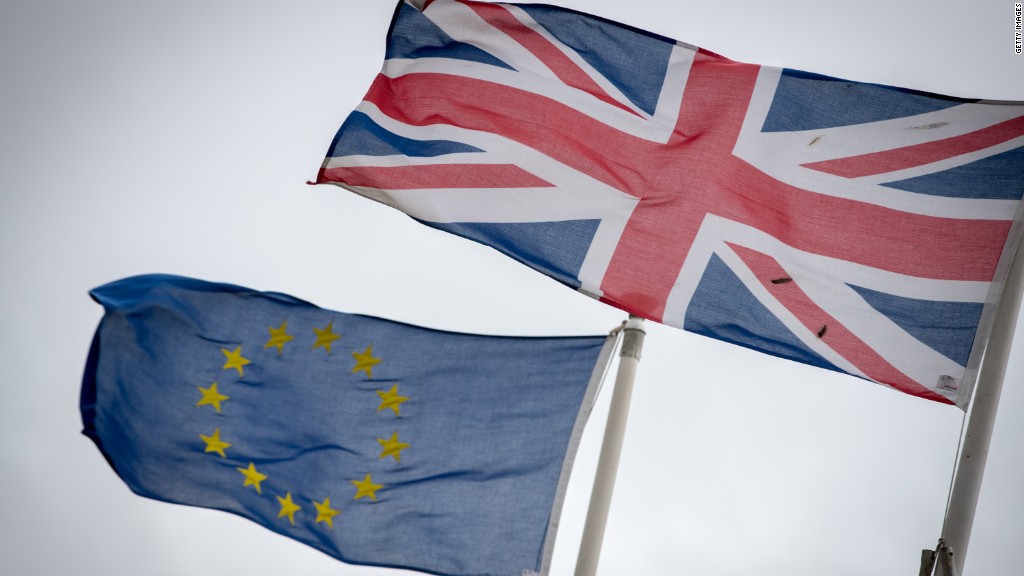
Legendary investor George Soros has issued a stark warning to Britain: If its voters choose to leave the European Union, powerful speculative forces could cause the pound to crash by more than 20%.
"Too many believe that a vote to leave the EU will have no effect on their personal financial position," Soros wrote in The Guardian. "This is wishful thinking."
Soros said that his warning was based on "six decades of experience in financial markets," including a massive speculative bet against the pound in 1992 that earned him a reputation as "The Man Who Broke the Bank of England."
If British voters opt Thursday to leave the EU, Soros said the consequences will be "much less benign" than in 1992. It could even bring about a "Black Friday" for markets, he wrote.
"The value of the pound would decline precipitously," Soros warned. "It would also have an immediate and dramatic impact on financial markets, investment, prices and jobs."
Related: Why you should care about the Brexit vote
The pain would be compounded by the Bank of England's current position. After the pound plunged in 1992, the central bank was able to cut interest rates in order to stimulate the economy. But now, rates are already at very low levels.
Soros also predicted that sky-high economic uncertainty would cause capital to flood out of Britain.
"A vote for Brexit would make some people very rich -- but most voters considerably poorer," he said.
Related: John Oliver rails against Brexit in profane song
Nouriel Roubini, an economist who correctly predicted the U.S. housing crisis and ensuing financial crash in 2008, also sounded the alarm on Tuesday.
"Brexit would cause significant damage to the U.K. economy & to the employment & well being of Britons. The U.K. is much better off inside the EU," tweeted the NYU professor, who has earned the monicker "Dr. Doom" for his dark predictions.
He added that a recession and severe shocks to business and consumer confidence could result from a Brexit.
Leave campaigners say British business is stifled by EU regulations and would thrive if liberated from them. They say that on its own, the U.K. could strike more trade deals with rapidly growing economies around the world.
They also say that independent forecasters including the international Monetary Fund have overstated the risks of leaving the EU.


